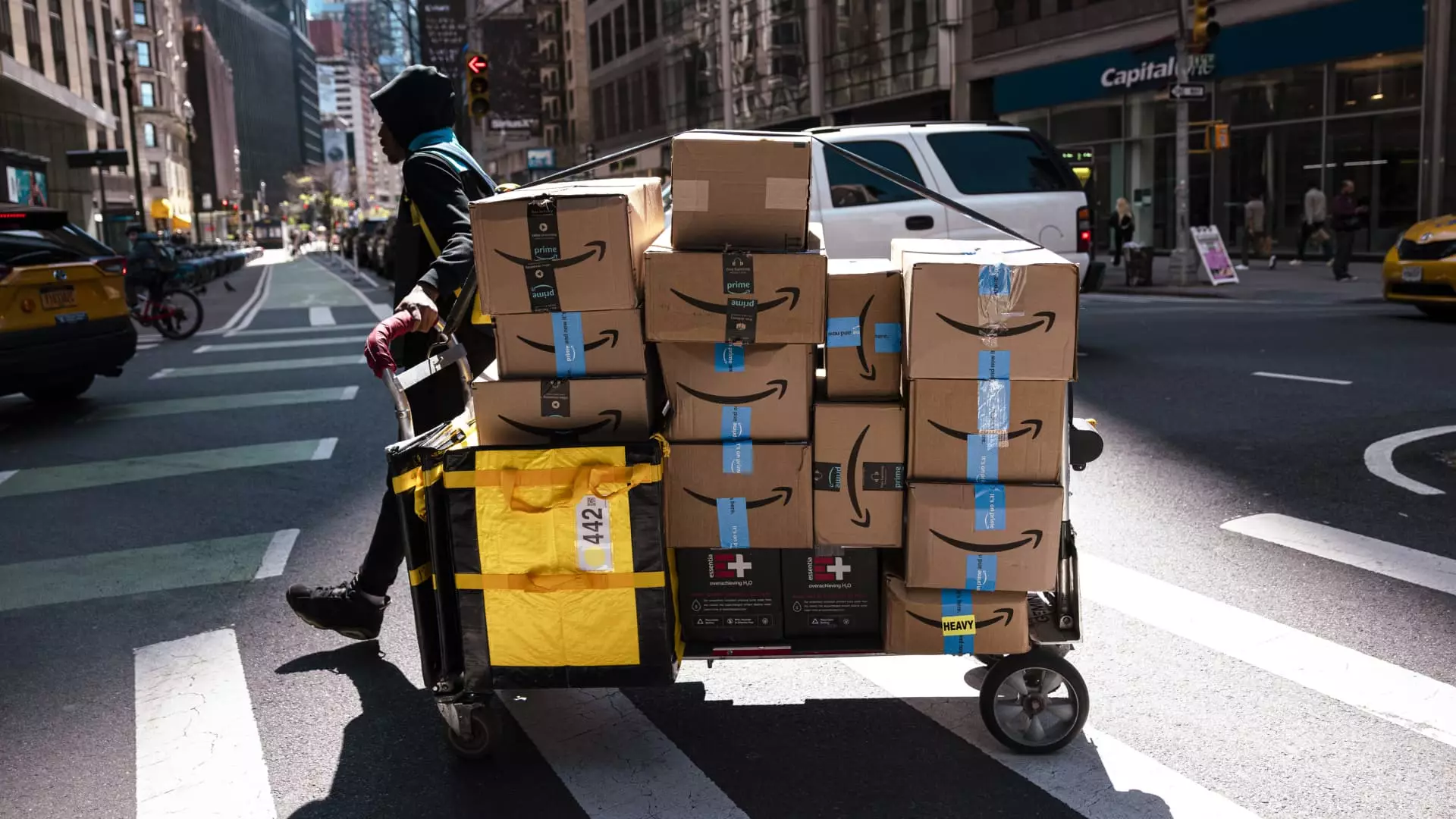Amazon aggregators Branded and Heyday have announced their plans to merge, marking a significant development in the ever-evolving e-commerce industry. The merger will result in the formation of a new entity called Essor, which signifies “take flight” in French. This new organization aims to elevate brands to new heights through its platform, according to Heyday CEO Sebastian Rymarz. With an anticipated annual revenue of $400 million, Essor is poised to make a major impact in the online retail landscape.
Financial Backing and Debt Financing
Apollo Global Management and BlackRock are reportedly in talks to provide new debt financing to support the combined entity’s future acquisitions. This financial backing will enable Essor to expand its portfolio and strengthen its position in the market. The merger represents a strategic move to enhance the companies’ capabilities and drive growth in a competitive industry.
Challenges and Layoffs
Despite the optimism surrounding the merger, Heyday is expected to undergo significant changes, including a massive round of layoffs. Up to 70% of employees may be affected by the restructuring, as the company realigns its operations post-merger. The consolidation of resources and teams is a common occurrence in mergers and acquisitions, as companies seek to streamline processes and improve efficiency.
Heyday and Branded are key players in the Amazon seller aggregator market, which has experienced rapid expansion in recent years. With an influx of funding from investors like L Catterton and BlackRock, aggregator companies have sought to capitalize on the growth of e-commerce and consolidate independent sellers on Amazon’s platform. However, the landscape has become increasingly competitive, with challenges arising as the market matures.
Consolidation and Market Trends
The merger between Heyday and Branded is part of a broader trend of consolidation among aggregator companies. As venture funding becomes scarcer and consumer behavior shifts, e-commerce demand has evolved, prompting aggregators to reassess their strategies. The failure of previously successful companies like Thrasio highlights the risks and uncertainties inherent in the aggregator business model.
Looking ahead, Essor will need to navigate a changing market landscape and adapt to new challenges. The partnership between Heyday and Branded represents a strategic alliance that aims to leverage the strengths of both companies and create a more robust platform for growth. As e-commerce continues to evolve, Essor will need to innovate and differentiate itself to stay ahead of the competition.
The merger of Amazon aggregators Branded and Heyday signals a new chapter in the e-commerce industry. With ambitious plans for growth and financial backing from industry leaders, Essor is poised to make a significant impact in the market. However, the challenges of consolidation, layoffs, and market trends will require careful navigation and strategic planning. As Essor takes flight, it will need to demonstrate resilience, agility, and a clear vision for the future of e-commerce.


Leave a Reply